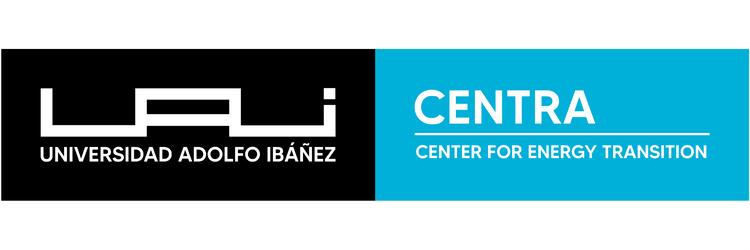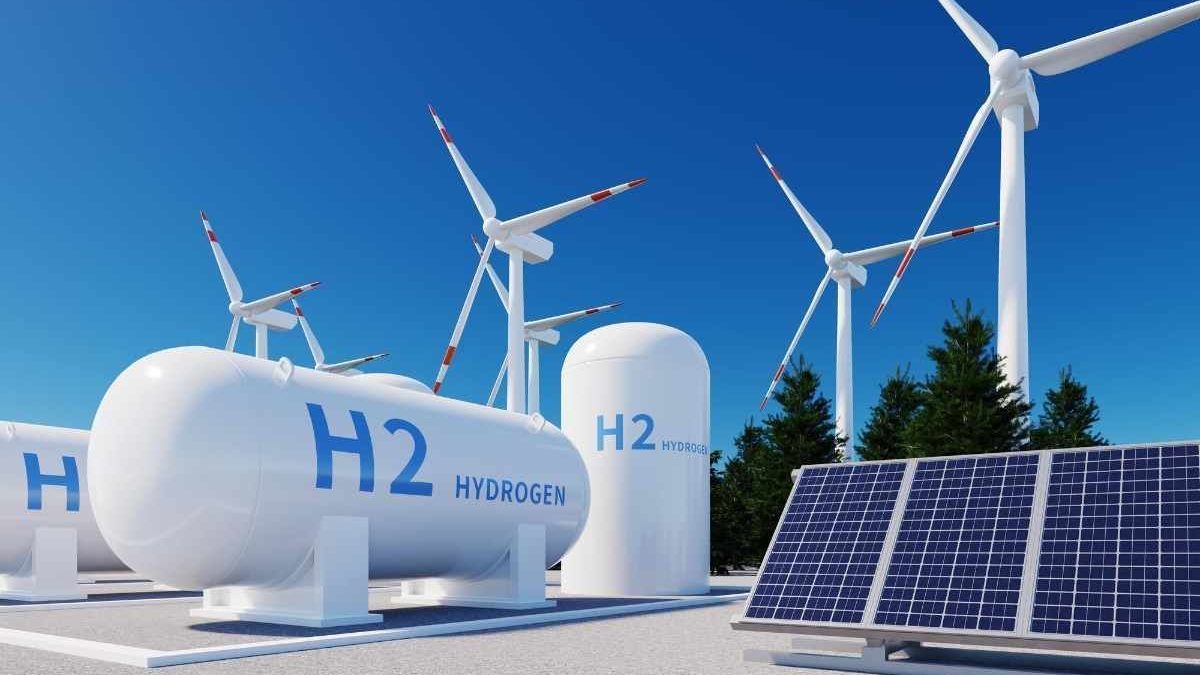Green hydrogen: industry leaders highlight Chile’s strategic role in the current geopolitical context
June 25, 2025
Chile’s key position in the tense global scenario was the central focus of the discussion forum “Geopolitics of Hydrogen: Risks and Opportunities in an Energy Transition Context,” where panelists addressed the potential impacts of the ongoing wars between Israel and Iran, and Ukraine and Russia. These conflicts are raising the prices of natural gas and oil, generating new urgencies regarding energy security, among other consequences.
The event was organized by the Chilean Hydrogen Association (H2 Chile), in collaboration with the University of Concepción – Santiago Unit.
A prominent panel of experts participated, emphasizing Chile’s opportunity to assume a strategic role in global energy markets and ensure that the industry’s development delivers concrete benefits for the country. This is especially relevant considering that competitor nations like Brazil, Australia, and Spain are rapidly advancing.
The speakers included Marcela Angulo, Director of the University of Concepción Santiago Unit; Eduardo Bitrán, academic from the Center for Energy Transition (Centra) at Universidad Adolfo Ibáñez; Víctor Turpaud, Latam Regional Manager of HIF Global; and Mario Marchese, Director of the HNH Energy Project.
Marcos Kulka, Executive Director of H2 Chile, who moderated the forum, addressed the current international landscape, considering the role of leading regions like Europe, which has tightened its regulatory framework with mandates to accelerate the phase-out of fossil fuels in critical sectors such as aviation and maritime transport. He also explained that China is moving forward with a strong industrial policy and a roadmap to achieve carbon neutrality by 2060. Meanwhile, the United States is considering rolling back incentives from the Inflation Reduction Act (IRA), affecting both hydrogen and carbon capture, and has begun the process of withdrawing from the Paris Agreement. In addition, the U.S. withdrew this past April from climate negotiations within the International Maritime Organization (IMO) in London.
Kulka also highlighted that, according to the latest report by the International Energy Agency (IEA), global energy investment continues to rise. It is projected to reach $3.3 trillion by 2025, with about two-thirds directed toward clean energy. For the first time, a decline in fossil fuel investments is being observed.
During the discussion, Marcela Angulo reaffirmed the importance of closely monitoring the current geopolitical situation, given the consequences of wars and Iran’s threat to close the Strait of Hormuz, which could “disrupt the oil supply chain” and raise prices in the short term. She pointed out that this context presents an opportunity for innovative hydrogen uses and stressed the need to reinforce diplomatic efforts with key countries such as Germany, the Netherlands, South Korea, and Japan, highlighting that Chile is a territory free from military conflicts and can be seen as a reliable supplier.
Eduardo Bitrán emphasized Germany’s interest in Chile due to its need for energy resilience following the Russian gas crisis. He saw Chile as a feasible option to reduce dependency on conflict-prone suppliers and identified the potential to establish a strategic alliance. He proposed creating a Contracts for Difference (CfD) program modeled after the European Union’s H2 Global mechanism, which supports hydrogen adoption by covering cost gaps over a defined period. He also suggested that future Chilean governments could allocate funds from the upcoming Codelco-SQM agreement (from 2030 onward) to create a local CfD system supporting projects in Magallanes and Antofagasta.
Mario Marchese identified Asia and Europe as the main “demand centers,” with Japan and South Korea striving to decarbonize their energy systems, and Germany establishing green input standards. He argued that Chile, despite lacking direct fiscal incentives, has structural advantages over closer competitors like Australia. “We are unaffected by all geopolitical issues. If there’s a crisis in the Middle East right now, Magallanes and Antofagasta remain connected to the world without interruption. If the Panama Canal drops in water level, Chile can still navigate through the Strait of Magellan uninterrupted, which is a major competitive advantage,” he said.
Regarding international incentives, Víctor Turpaud noted that market conditions remain volatile and ever-changing. He cited the example of a U.S. project by his company, which had permits and was set to receive $600 million per year in subsidies under the IRA, but is now on hold pending a decision on whether the policy will continue. Given this uncertainty, he stressed that developers must remain flexible and look for the best possible solutions across different locations.
The discussion made it clear that, beyond technical and economic challenges, Chile must respond to an increasingly competitive and constantly evolving international scenario with long-term vision, strategic coordination, and a focus on sustainable national development and global market positioning.
Watch the full event here: https://www.youtube.com/watch?v=lIVZ18HV0aA

